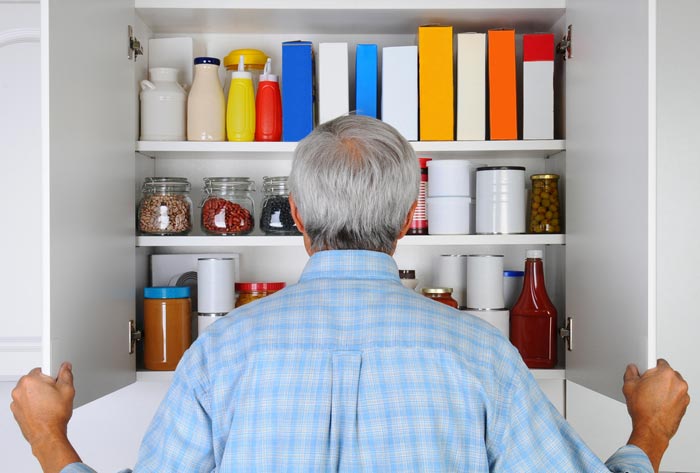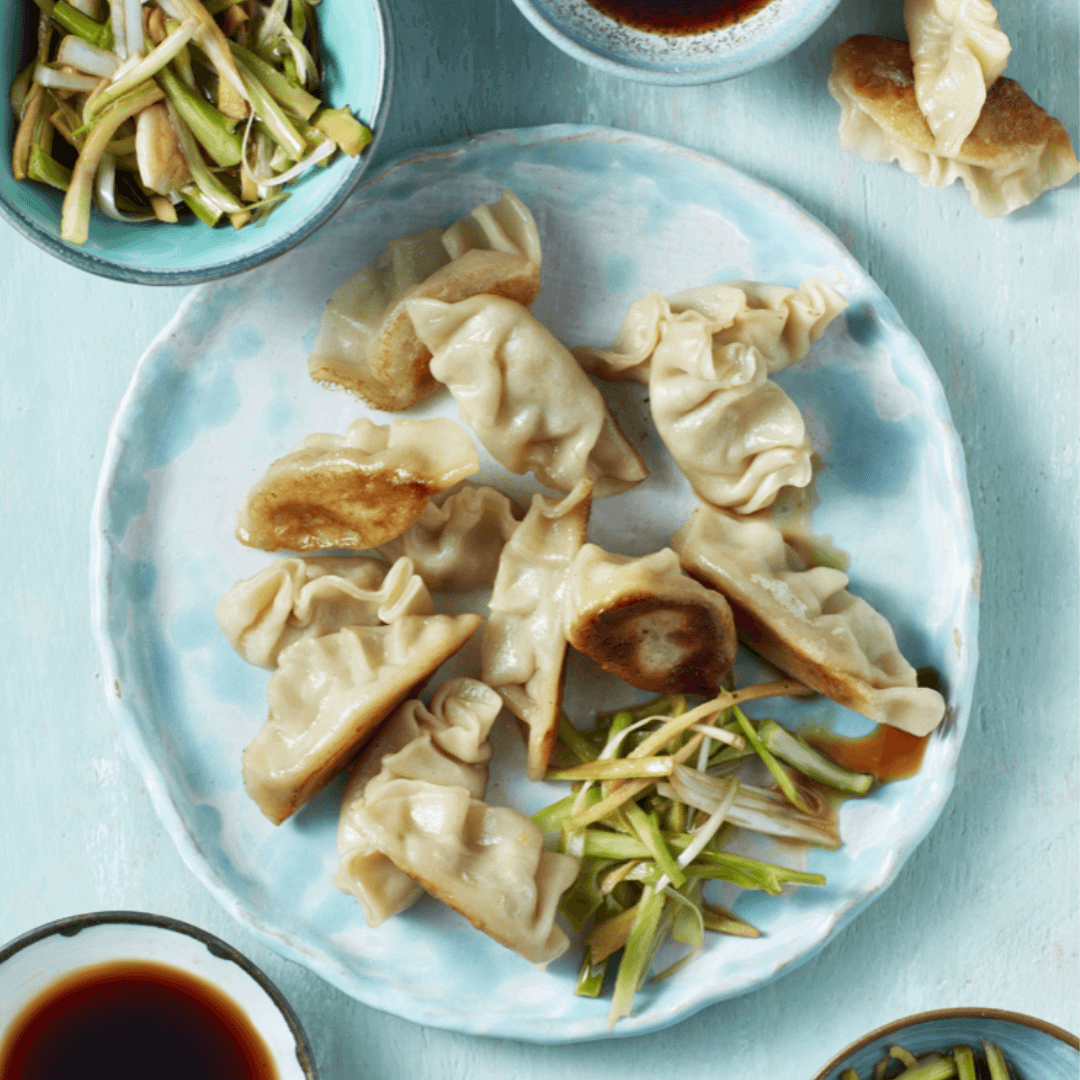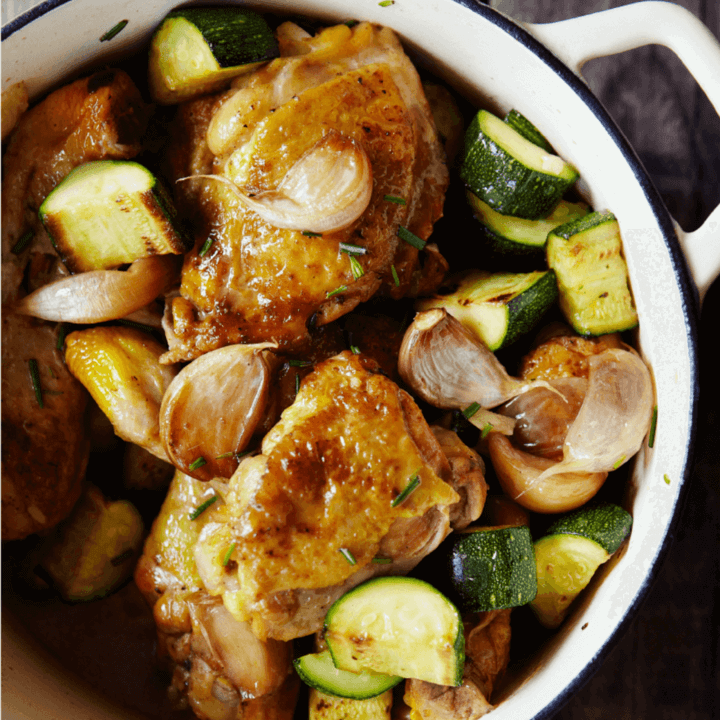
Fig & Lentil Salad from Virtually Vegan
Summer and salad go hand-in-hand and this offering from Heather Whinney’s Virtually Vegan is a fresh, sweet, figgy take on a summertime staple. Complete with a harissa

Knowing what not to eat during cancer treatment is a very important part of living with cancer. As part of Bowel Cancer Awareness month, experts from Penny Brohn Cancer Care reveal 8 foods that can have a negative impact on your ability to fight cancer.
They’ve outlined foods you should only eat in moderate amounts, and those you should try your best to avoid.
1. Red Meat – Important nutrients including B vitamins and minerals (especially iron) are found in red meat. There is evidence that too much red meat can increase the risk of certain cancers, but there is no health risk associated with eating a moderate amount of unprocessed red meat.
We recommend only eating small portions of red meat – approximately the amount that would fit into the palm of your hand. Choose organic or grass-fed meat, if you can, as the nutrient quality is much higher.
2. Dairy Products – Containing a range of vitamins and minerals, dairy products are a good source of protein and healthy fats. Nevertheless, some researchers have questioned whether they are suitable for people with cancer, especially hormone-sensitive cancers. The research shows dairy to be a risk factor in prostate cancer, although there has been little research examining the effects of dairy produce on the health of cancer survivors. Some people find that, after anti-cancer treatment, dairy foods upset their digestion.
We recommend, for people with prostate cancer and those who find milk products difficult to digest, that you keep the amount of dairy products you eat to a minimum. For others, organic and full-fat yogurt and butter can be used, with minimal amounts of milk and cheese. You may find goat’s or sheep’s products easier to digest.
3. Soya Products – Foods made with soya beans are an important part of traditional Asian diets (for example, in the form of tofu, miso or tempeh) but they are a relatively new addition to the Western diet. Like some other plant foods, they contain phytoestrogens; however, soya also contains less favourable compounds, often termed “anti-nutrients”, that can interfere with nutrient absorption.
We recommend that if you eat soya, choose organic types such as tofu, miso, tempeh and natto, which tend to have lower levels of these anti-nutrients.
These foods have little or no health benefits and are best eaten rarely or avoided.
4. Refined grains and sugars – Products made with refined grains, such as white flour and white rice, lose a lot of their natural nutritional value, including fibre, in the refining process. Eating these refined carbohydrates leads to a rapid rise in blood sugar and encourages unhealthy changes in your body.
We recommend avoiding refined grains and sugary foods as much as possible. Vegetables and fresh or dried fruit are full of natural sweetness and can be used to make healthy puddings, cakes and biscuits.
5. Unhealthy/Damaged Fats – Fats that have been damaged due to heavy processing are particularly bad for you. Trans-fats are an example. These are mainly found in partially hydrogenated vegetable oils, which are used in commercial crisps, mayonnaise, cakes, biscuits, pastries and deep-fried foods.
We recommend avoiding processed, fatty foods. Instead, prepare cakes, biscuits and pastry products at home using butter or oils such as olive and coconut. Don’t heat oils to high temperatures during cooking, as this can cause oxidation and damage the fats, although coconut and rapeseed oils are more stable at higher temperatures.
6. Processed Meats – There is evidence to suggest that a high intake of processed meats increases the risk of developing some cancers. Processed meats include heavily processed burgers and sausages, salami, bacon and other smoked or cured meats.
We recommend minimizing the amount of processed meat you eat. If you have it occasionally, choose organic products if possible.
7. Barbecued, Grilled and Griddled Foods – There is evidence that eating lots of barbecued, grilled or griddled foods may increase the risk of certain cancers; however, there is no harm in having these occasionally.
We recommend that when you cook foods in these ways, in particular meat, don’t allow them to come into direct contact with a naked flame and try not to allow them
to over-brown or burn.
8. Salt – If processed food forms a large part of your diet, you will most likely be eating too much salt, which can upset the delicate balance of minerals in the body. Whole foods and fresh, unprocessed foods are naturally low in salt. You can use a little good-quality rock or sea salt in cooking to enhance flavour. Also use herbs, spices, garlic, onions, dried mushrooms, dried tomatoes and lemon juice to further enhance flavour. Seaweed can also add flavour and is a valuable source of iodine, which is often deficient in the modern diet.
If you or someone you know has cancer, you need all the information about the relationship between diet and cancer that you can get. Take a look at the advice given by Penny Brohn Cancer Care on the real change the food you eat can have on cancer, and the best foods for fighting cancer.
The information for our Bowel Cancer Awareness blogs is drawn from Nourish: The Cancer Care Book which was written in partnership with Penny Brohn Cancer Care.

Summer and salad go hand-in-hand and this offering from Heather Whinney’s Virtually Vegan is a fresh, sweet, figgy take on a summertime staple. Complete with a harissa

Too Good to Waste by Victoria Glass is THE guide to getting the very most out of your food, in the most delicious way possible! So much

Today we’re sharing a much coveted Real Bread: Slow Dough recipe – Cinnamon and Hazelnut Knots! These sweet knots are beloved all over Scandinavia, whip

We’re gearing up for the publication of French Countryside Cooking by Daniel Galmiche, coming your way on May 14th (pre-order your copy right here)! To celebrate, we’re sharing

Watkins Media Limited
Shepperton House unit 11
89 Shepperton Road
London, England
N1 3DF

Watkins Media Limited
Shepperton House unit 11
89 Shepperton Road
London, England
N1 3DF